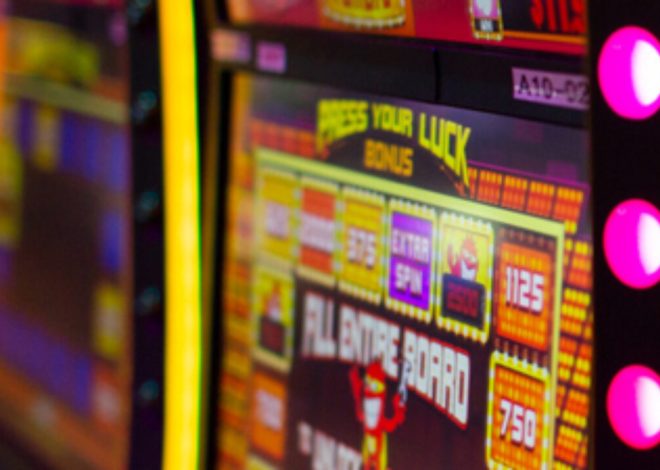
Exploring the Impact of Public Bias on Sports Betting Decisions
Attracting millions of players worldwide, sports betting has grown to be a major and intriguing feature of the sports sector. Public bias, however, is one element that still shapes decisions in sports betting even if gamblers are becoming more sophisticated. Public bias in sports betting is the inclination of bettors to be influenced by group behavior, emotions, and collective opinions instead of rendering impartial, data-driven decisions. Particularly in popular sports, this phenomenon can greatly influence betting markets and cause mispricing of odds, hence changing betting practices.
Understanding Public Bias
The collective behaviors of sportsmen, who sometimes let personal emotions and feelings affect their betting choices, promote public bias. This bias is clear when a group of people regularly supports particular teams or results depending on criteria unrelated to the actual performance or statistics of the concerned teams. Fans might, for instance, support a well-known athlete or their hometown team, ignoring the objective facts that would suggest differently. This groupthink might result in market inefficiencies since the common attitude shapes the chances instead of cold, objective facts.
How Public Bias Distorts Betting Markets
The distortion of betting lines and odds is among the most important effects of public inclination on sports betting. The bookmakers change the odds to control the risk when more bettors support a given team, therefore reducing the profitability of the preferred team for betting. This results in a change in the market whereby public opinion shapes inflated or deflated odds rather than the real probability of an outcome. Sharp bettors who grasp the underlying numbers can thereby use these mispriced odds by betting against public opinion.

The Psychological Factors Behind Public Bias
Apart from social behavior, psychological elements affecting individual bettors also contribute to public inclination in sports betting. The availability heuristic—where people base decisions on vivid memories or recent events—is one of the main psychological forces at work. For instance, even if these elements might not be indicative of future performance, bettors might overvalue a team’s current success or a player’s recent performance. Moreover, feelings like loyalty and hope can distort judgment and result in illogical wagers.
The Role of Media in Shaping Public Bias
Amplifying public prejudice in sports betting depends mostly on media. By means of ongoing coverage of specific teams, athletes, and events, the media affects public opinion and supports prejudices. Sensational events or popular team focus by news sources and sports pundits can cause bettors to value these storylines more highly than statistical data. This starts a cycle whereby public attitude drives media coverage and vice versa. Media narratives might so influence bettors and cause them to make decisions devoid of a strong knowledge of the sport.
One common element in sports betting that profoundly influences decision-making processes is Public bias in sports betting, as it often leads bettors to favor popular outcomes rather than making objective, data-driven choices. It can skew the betting market, produce mispriced odds, and provide chances for smart bettors to profit from inefficiencies. Anyone engaged in sports betting has to understand the psychological elements causing public prejudice as well as the effect of media coverage.


